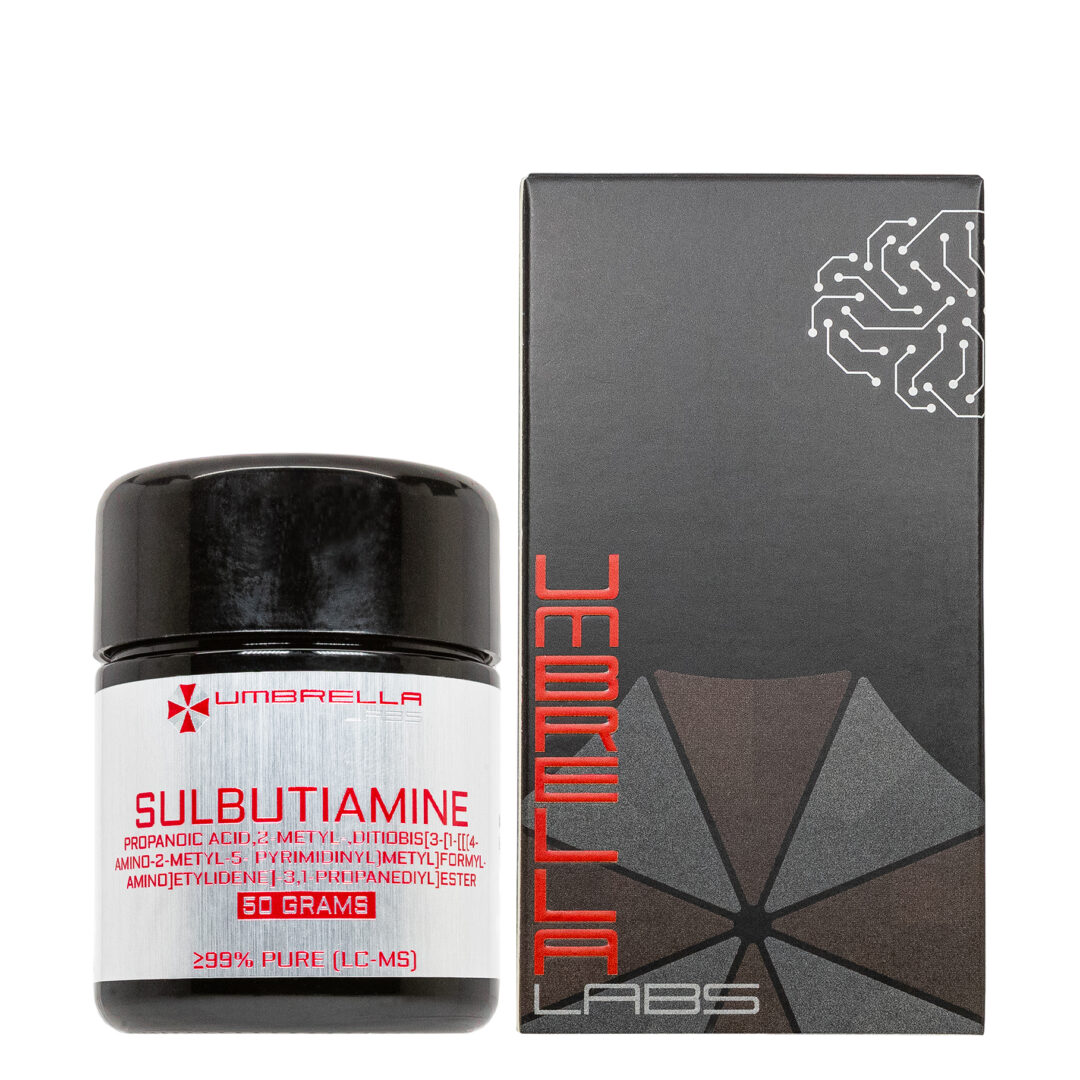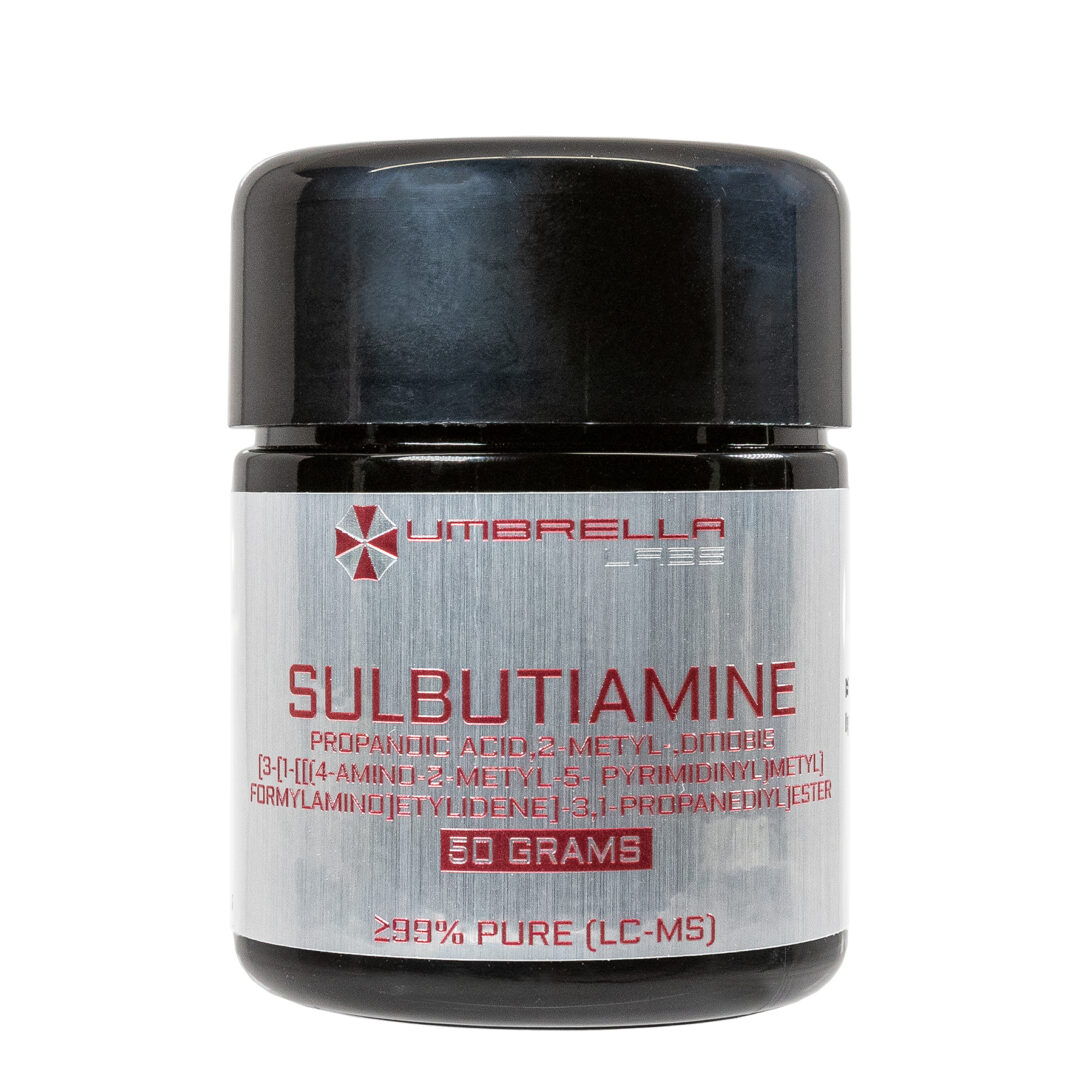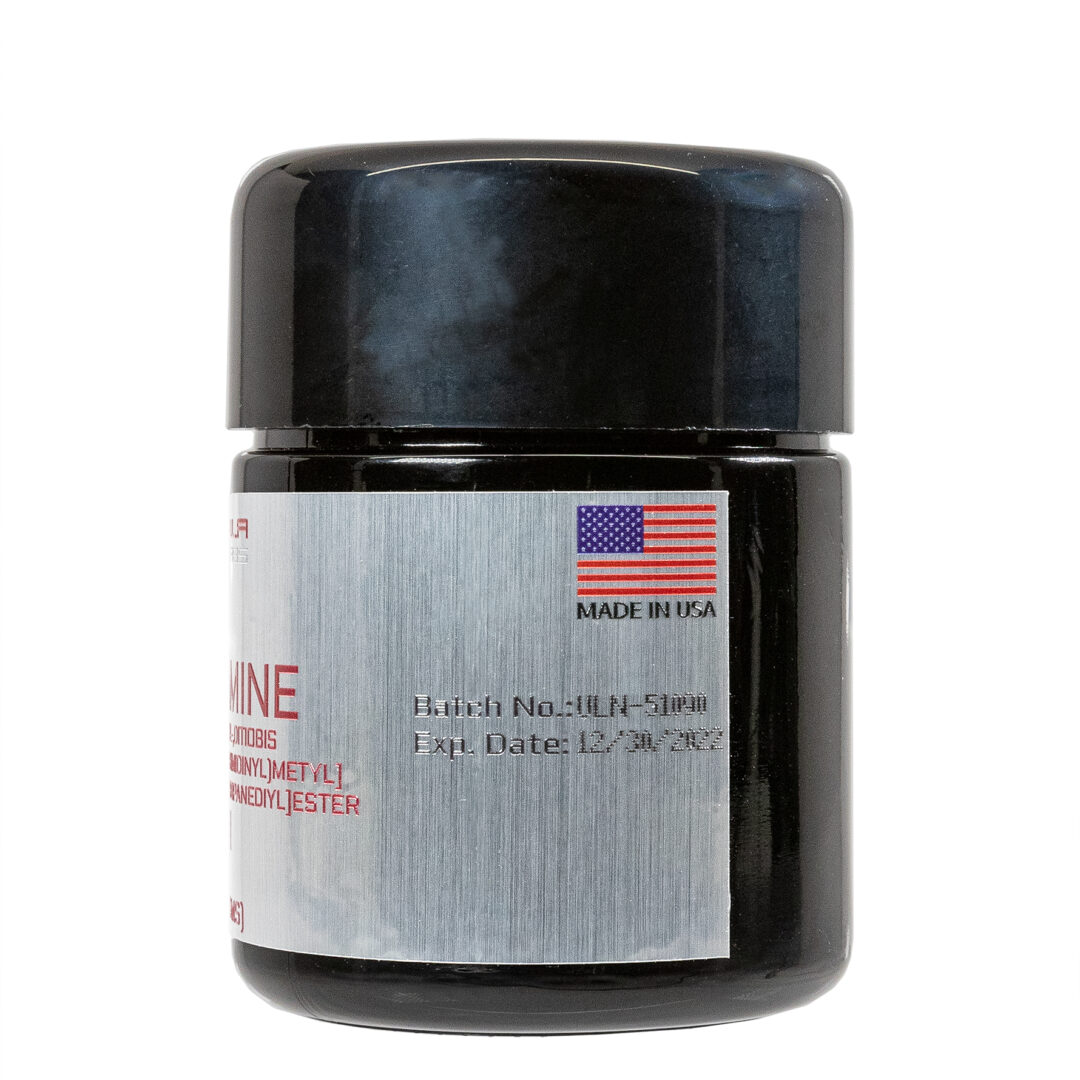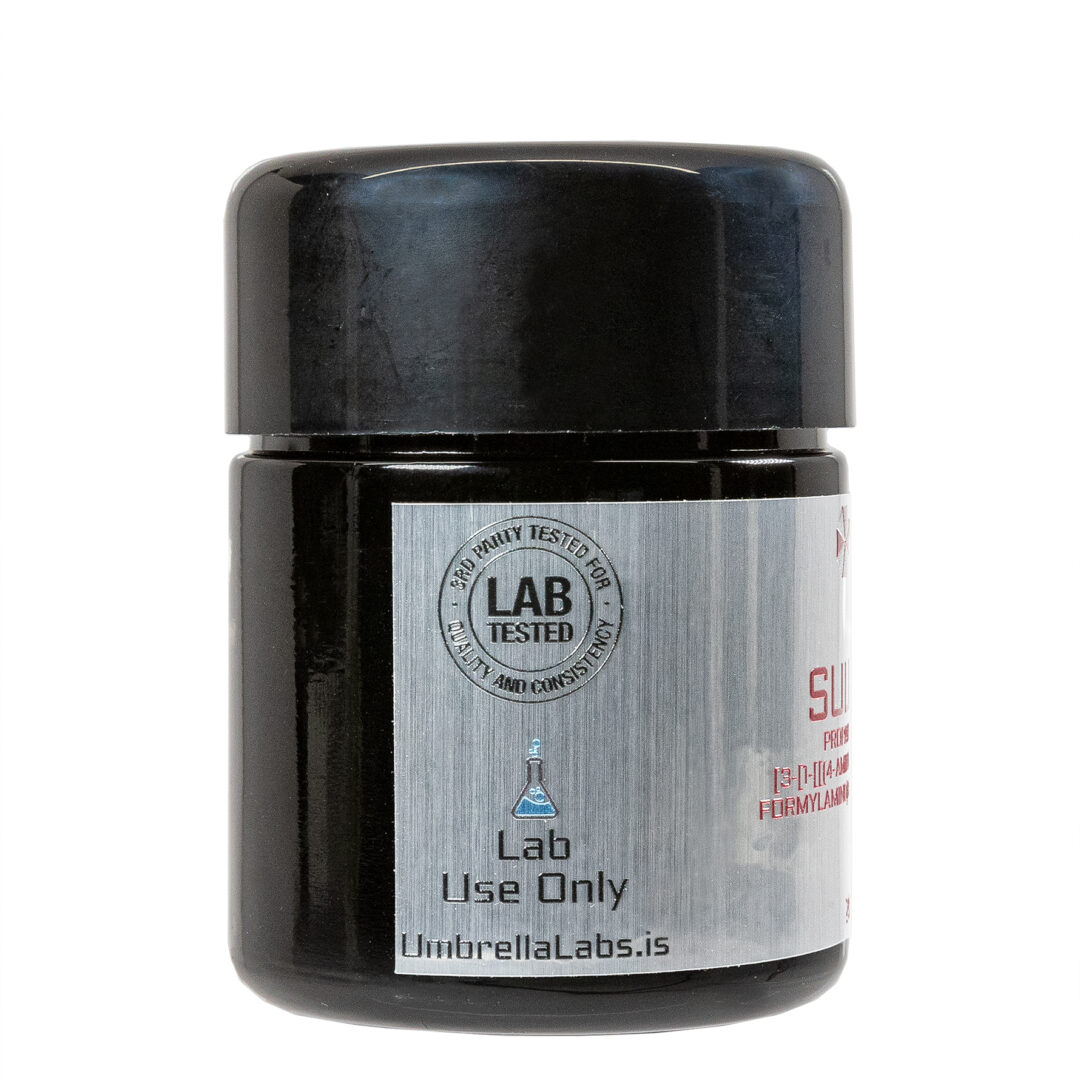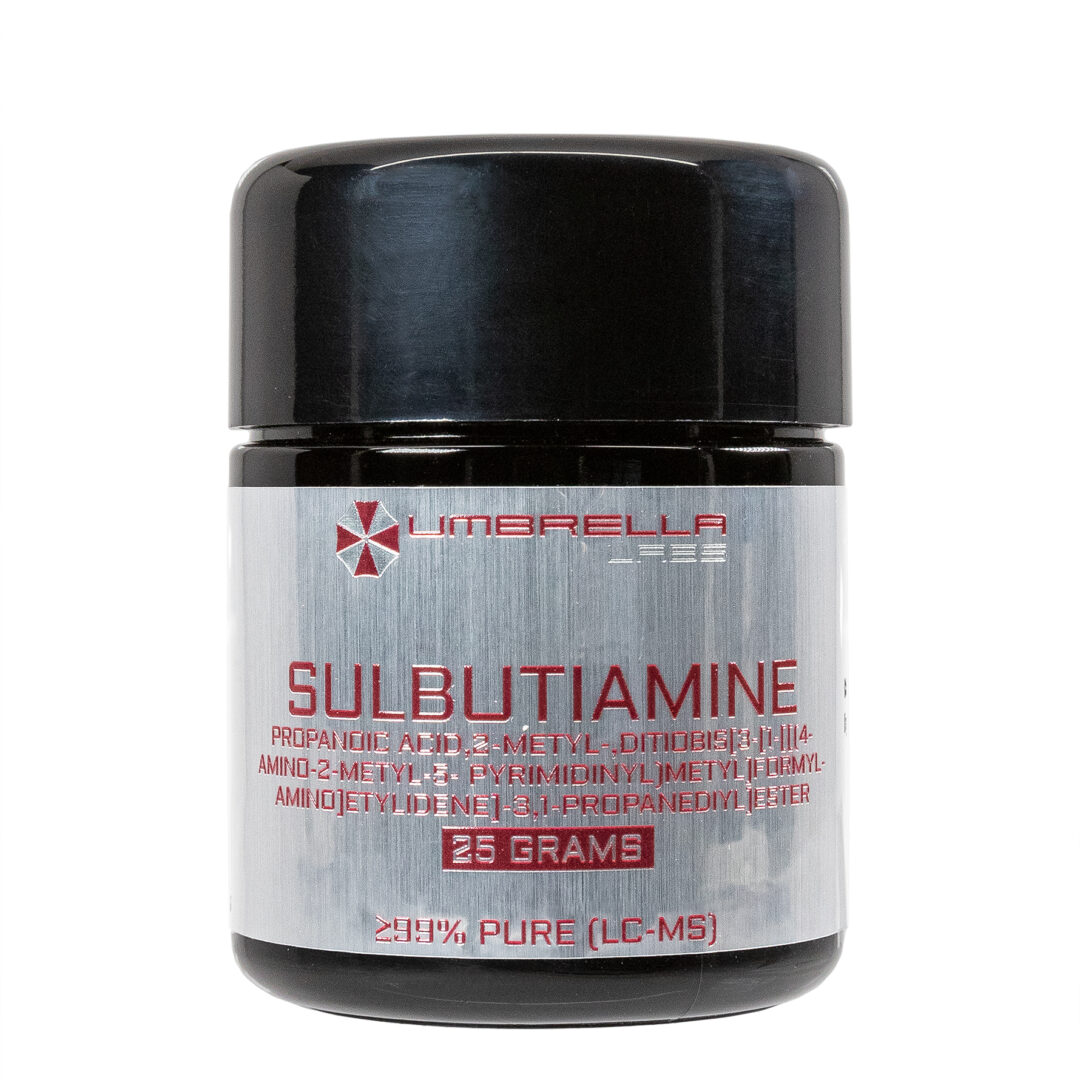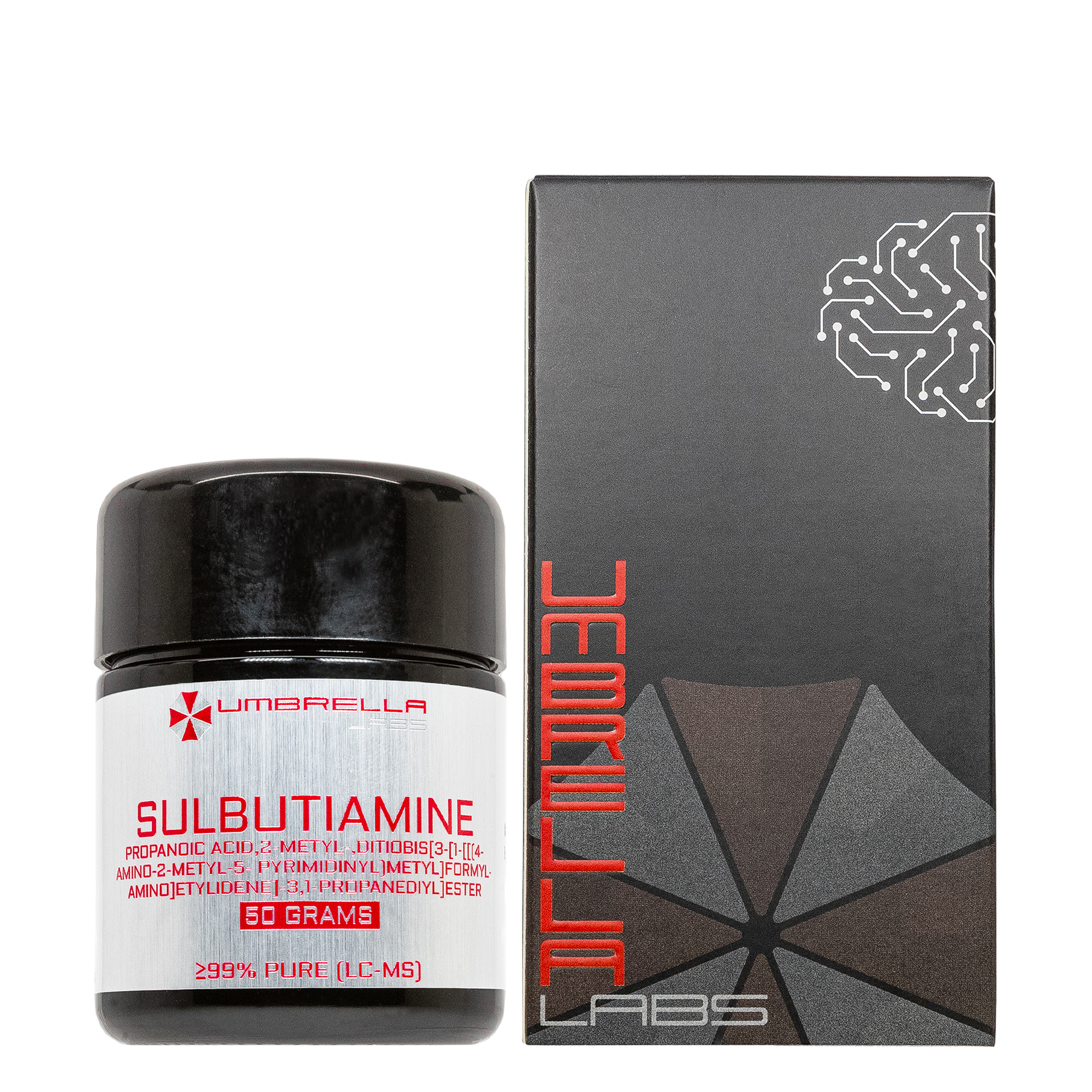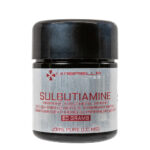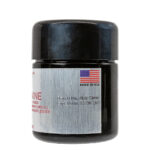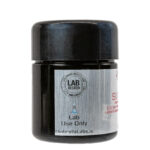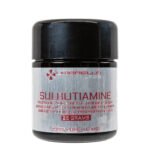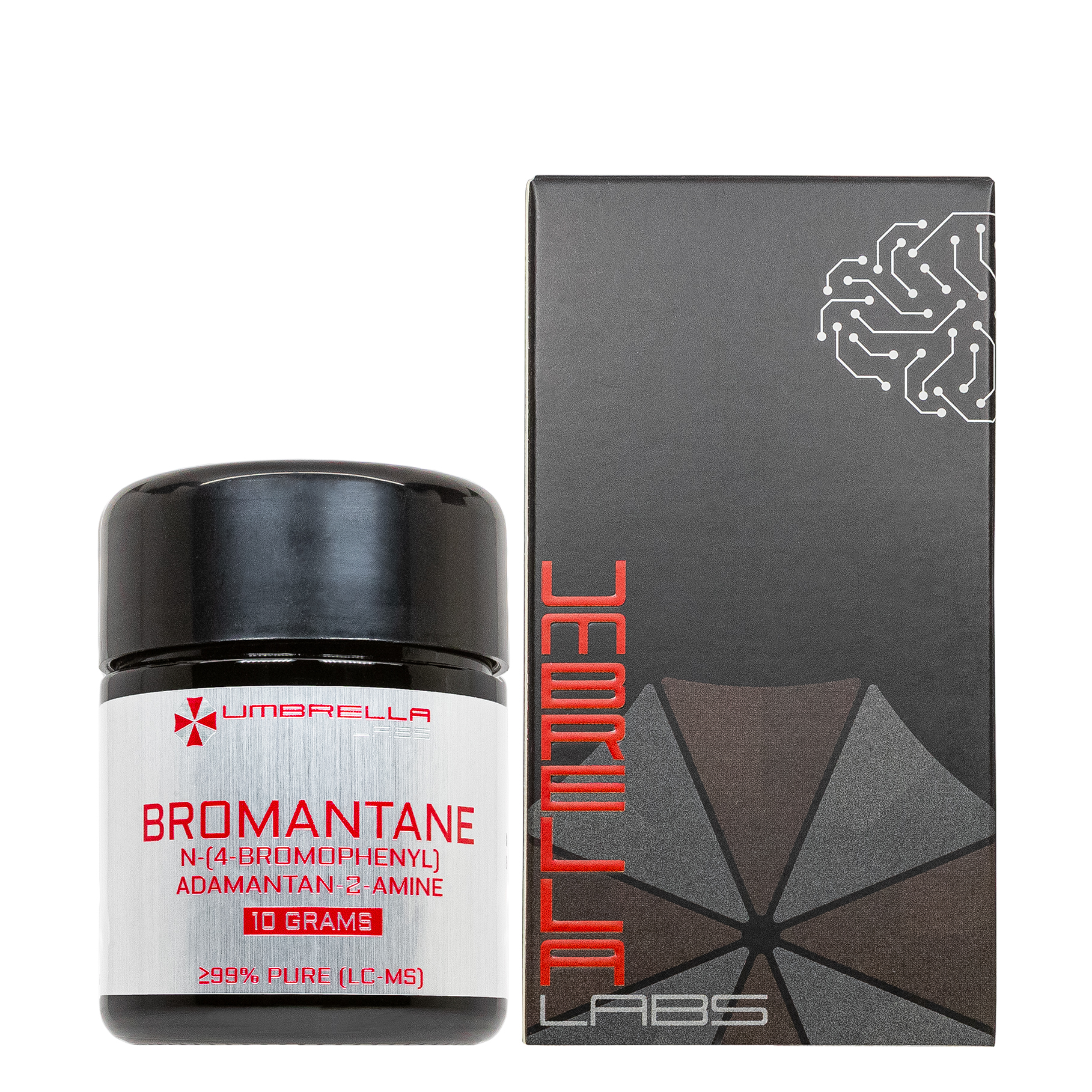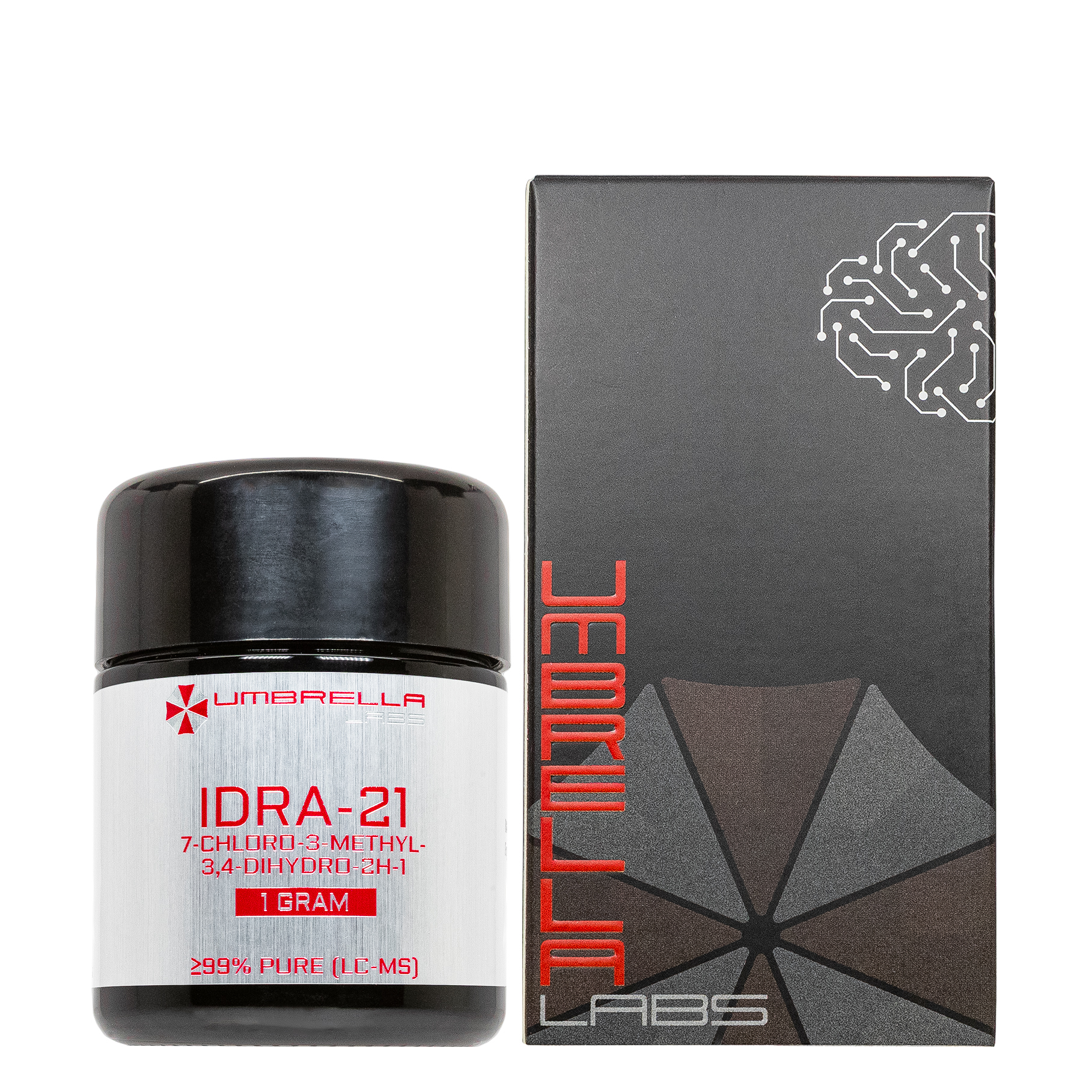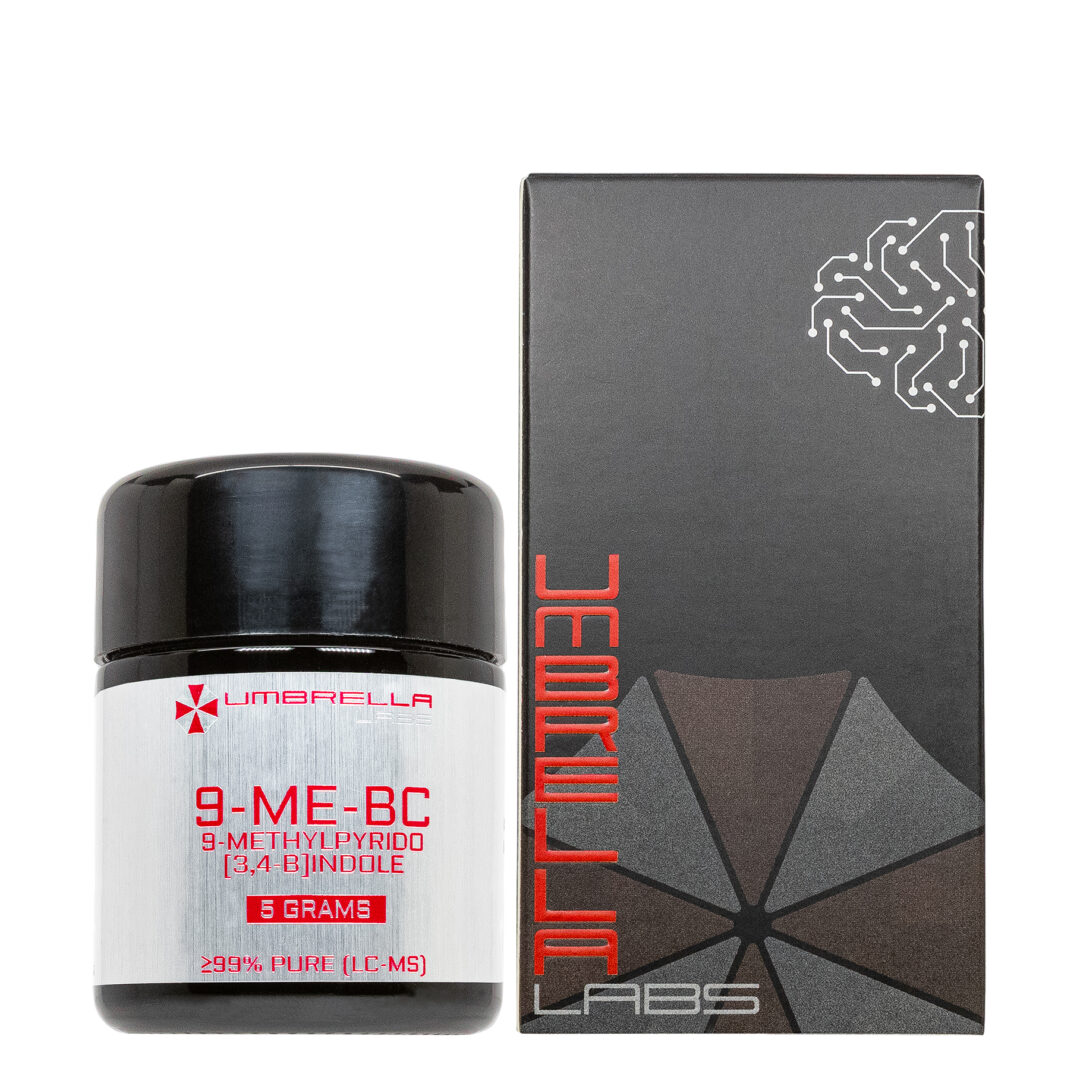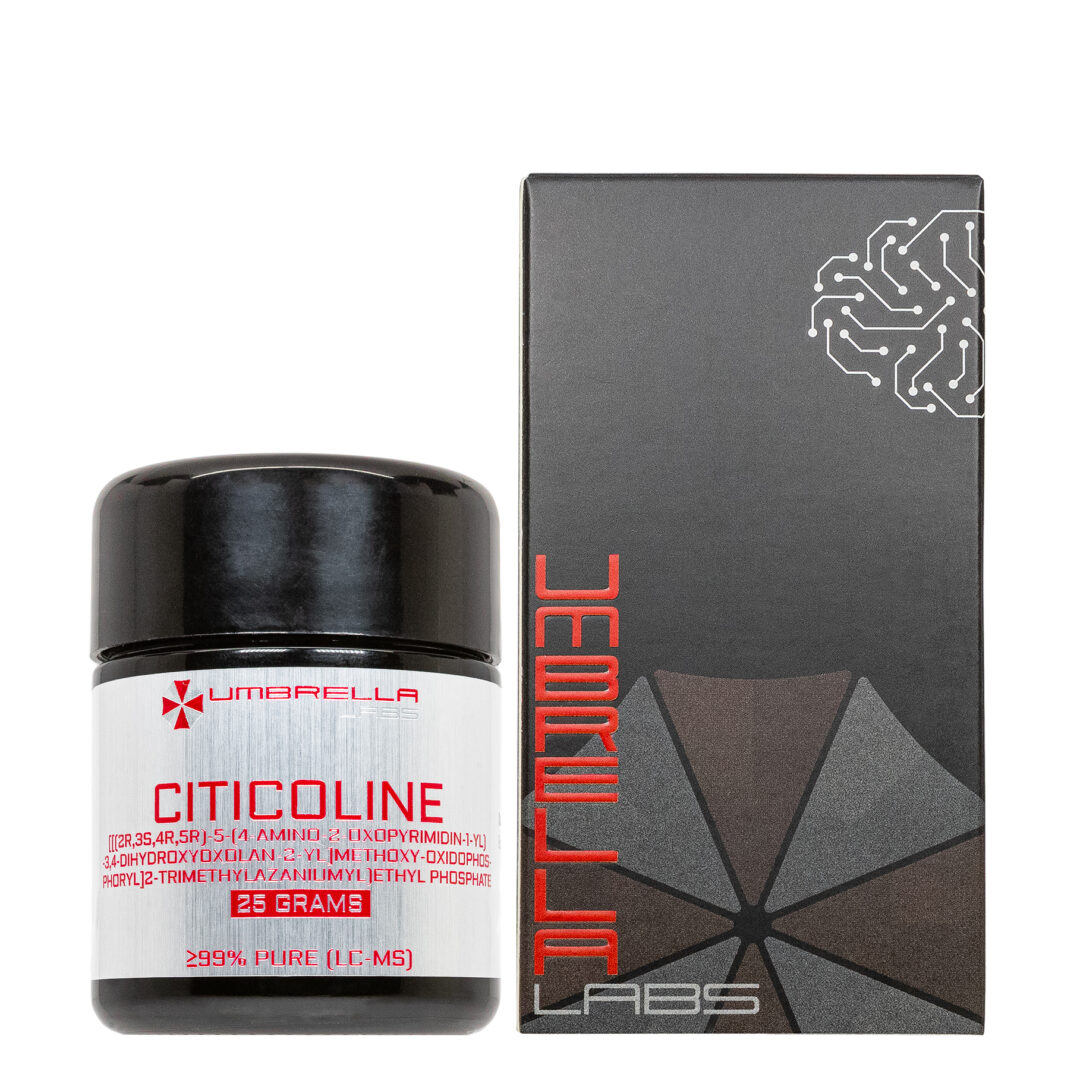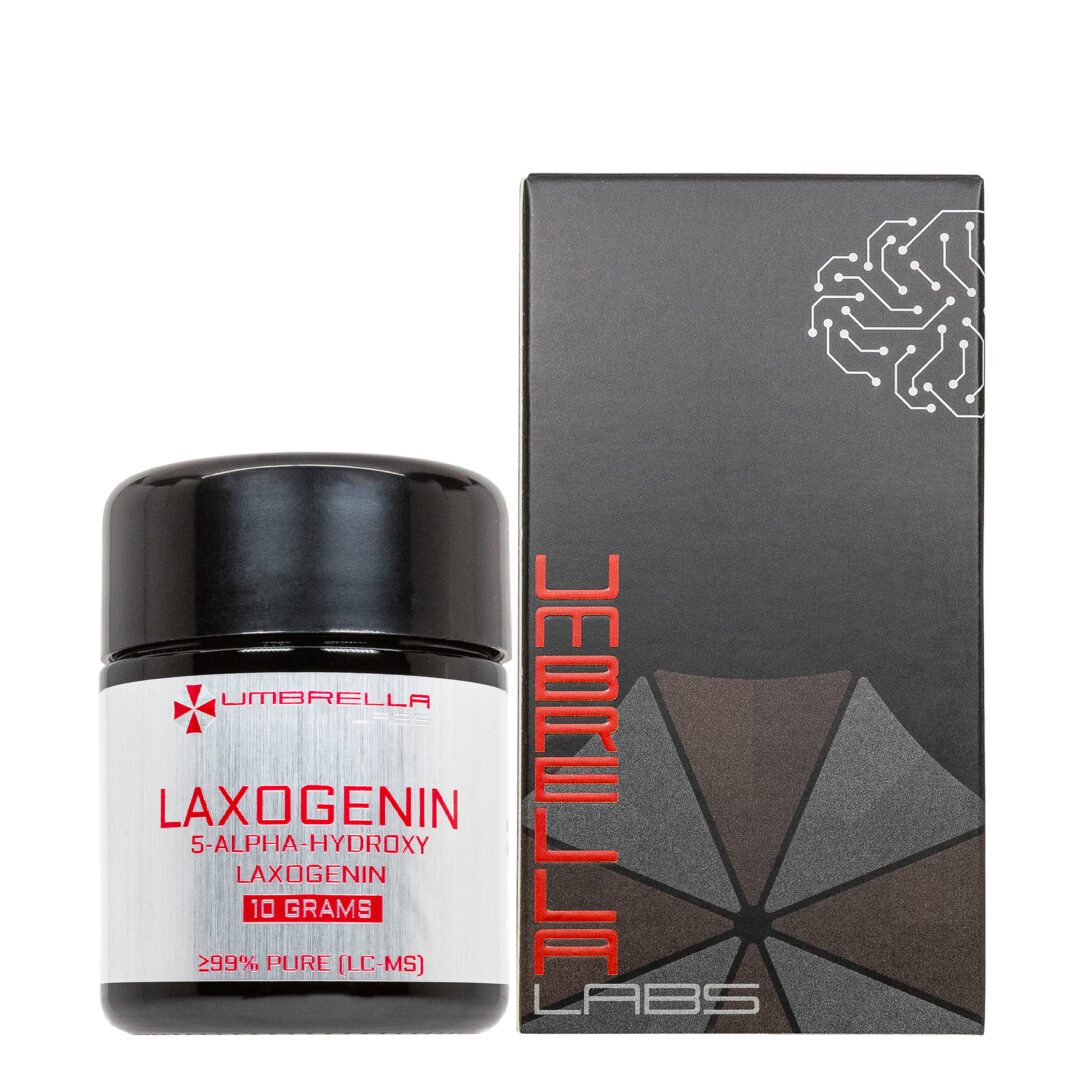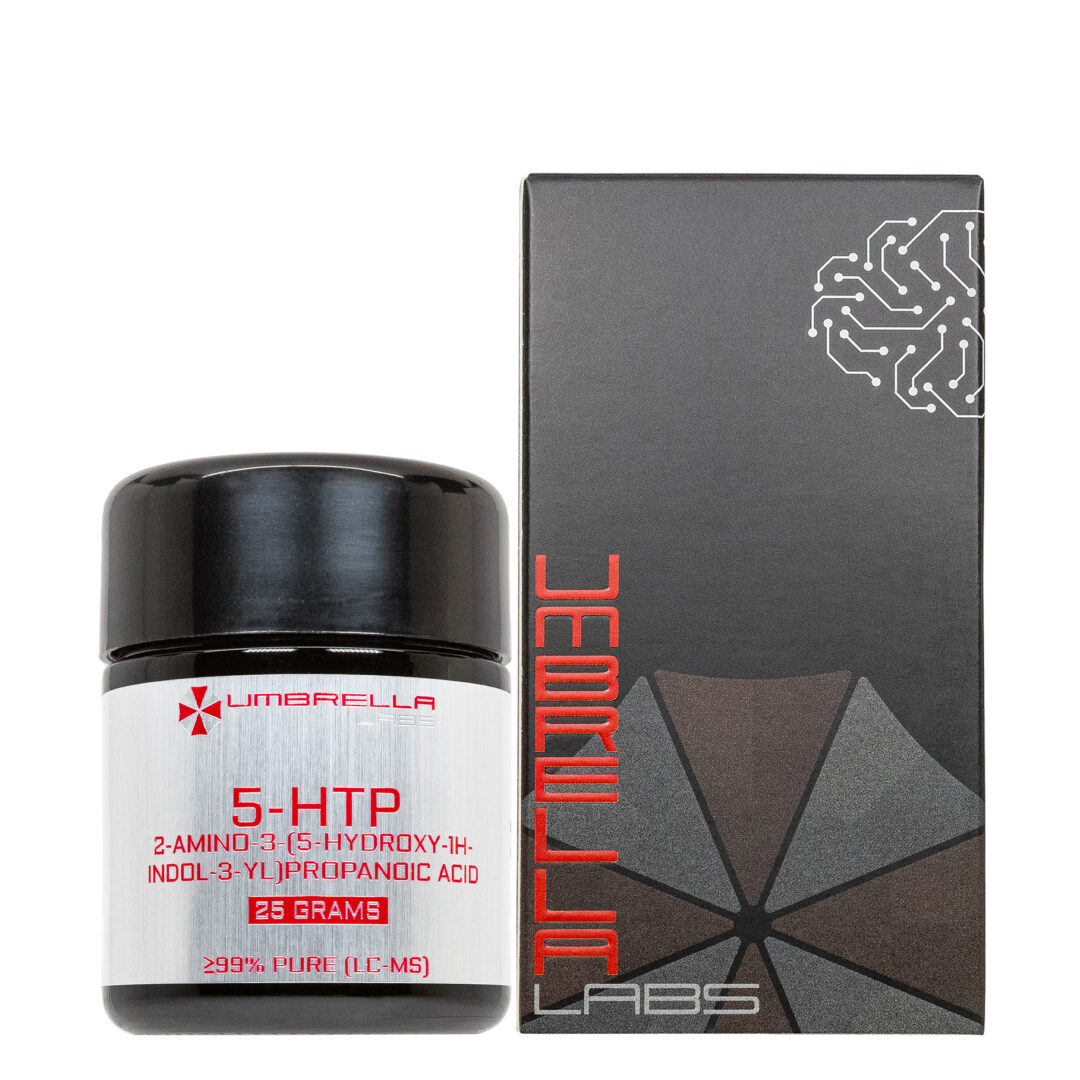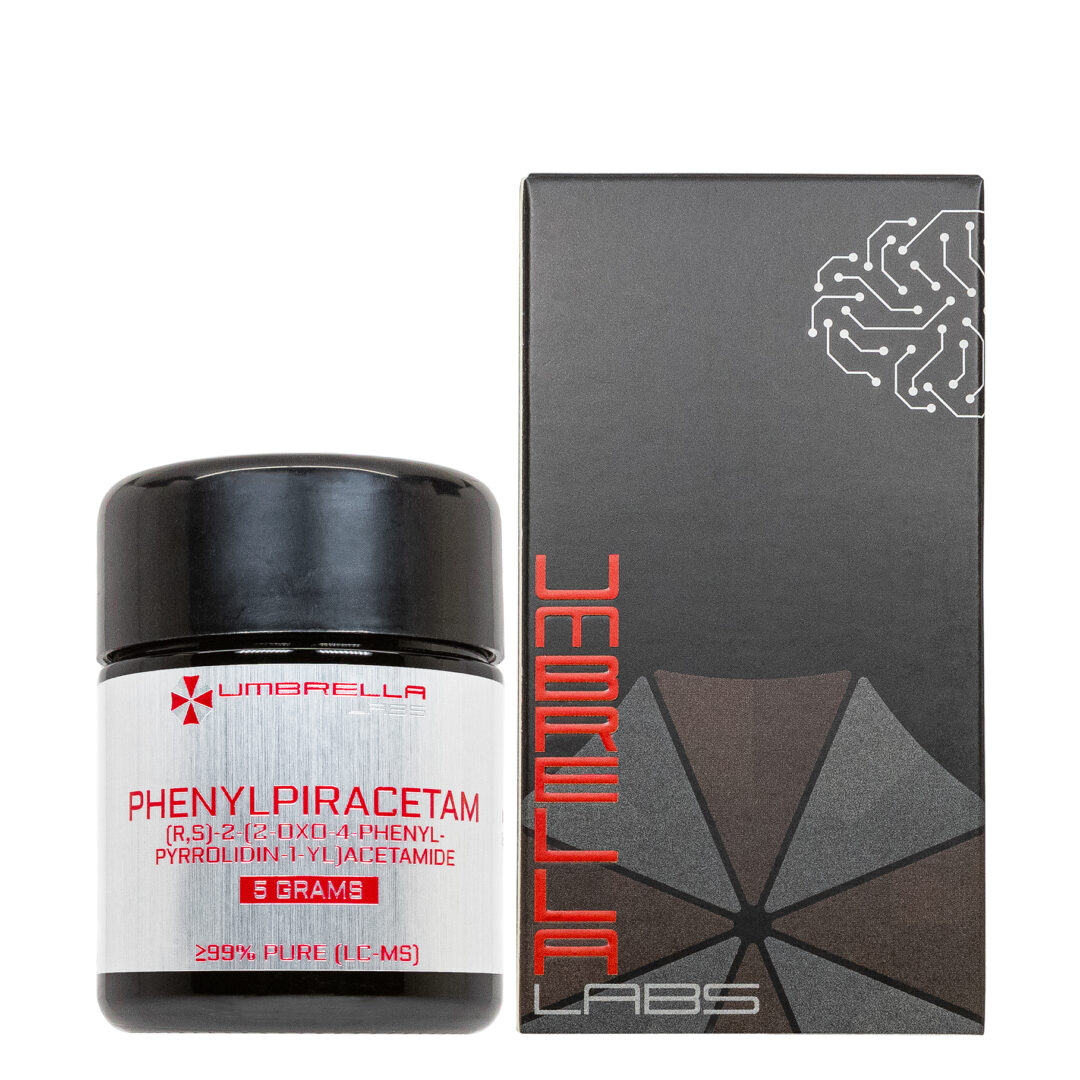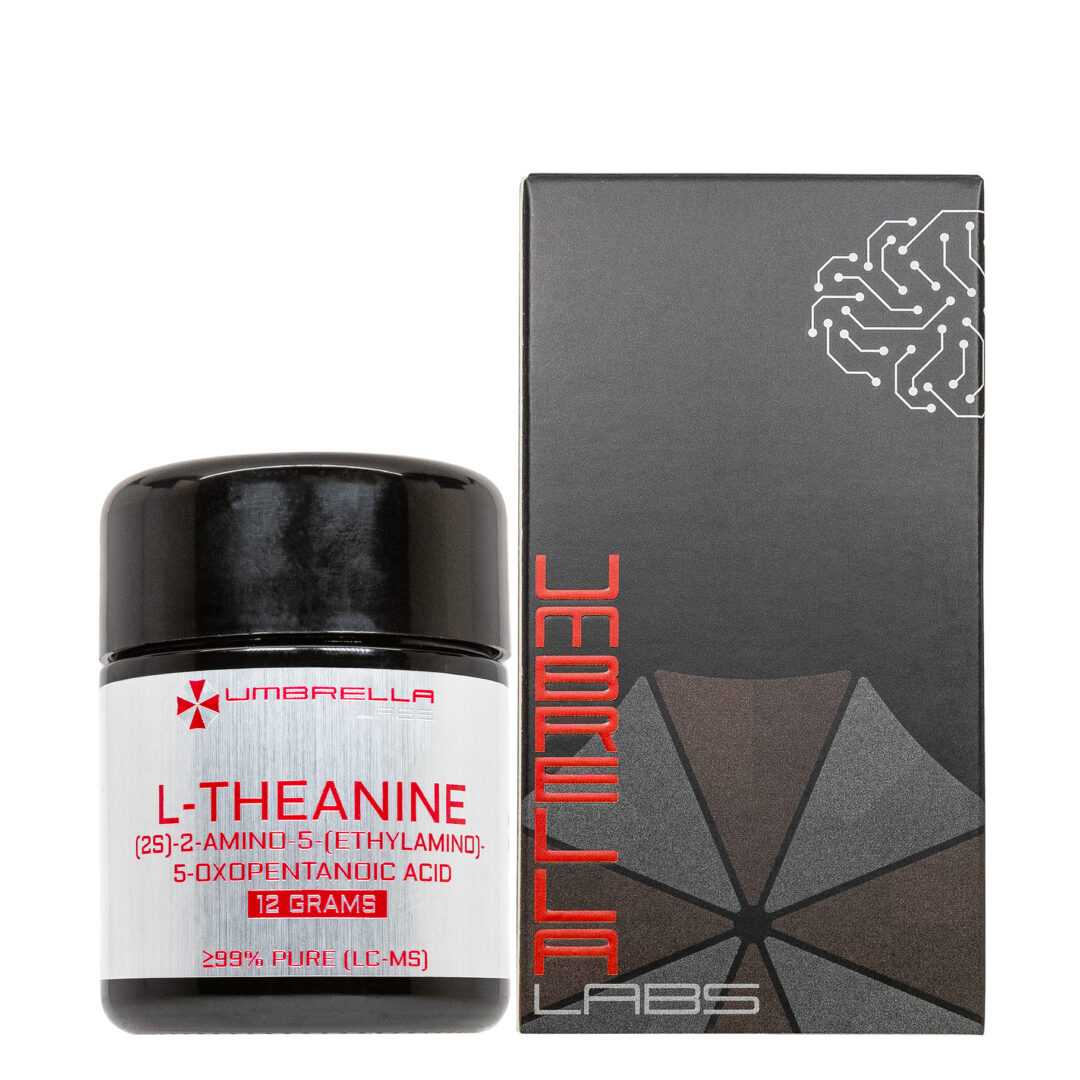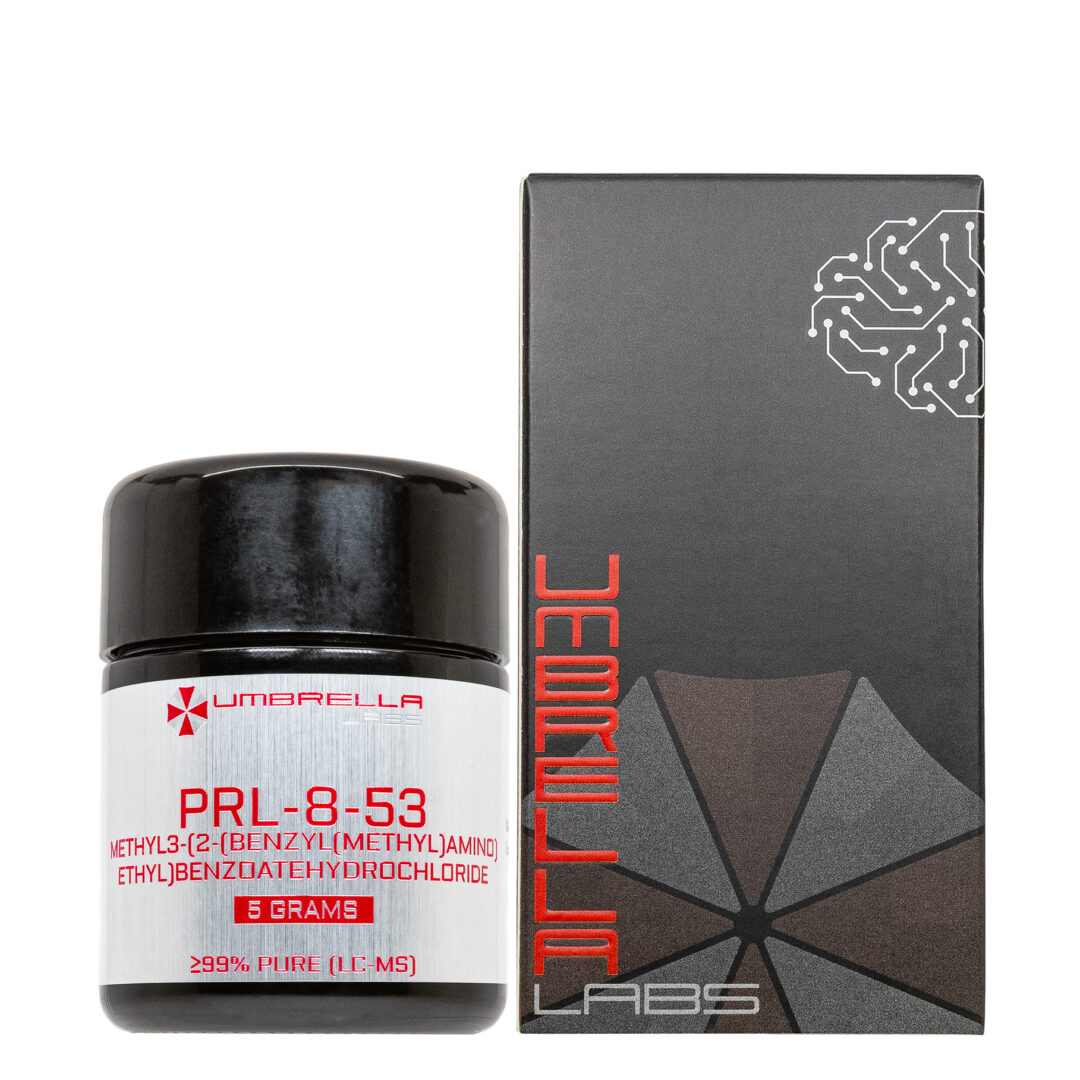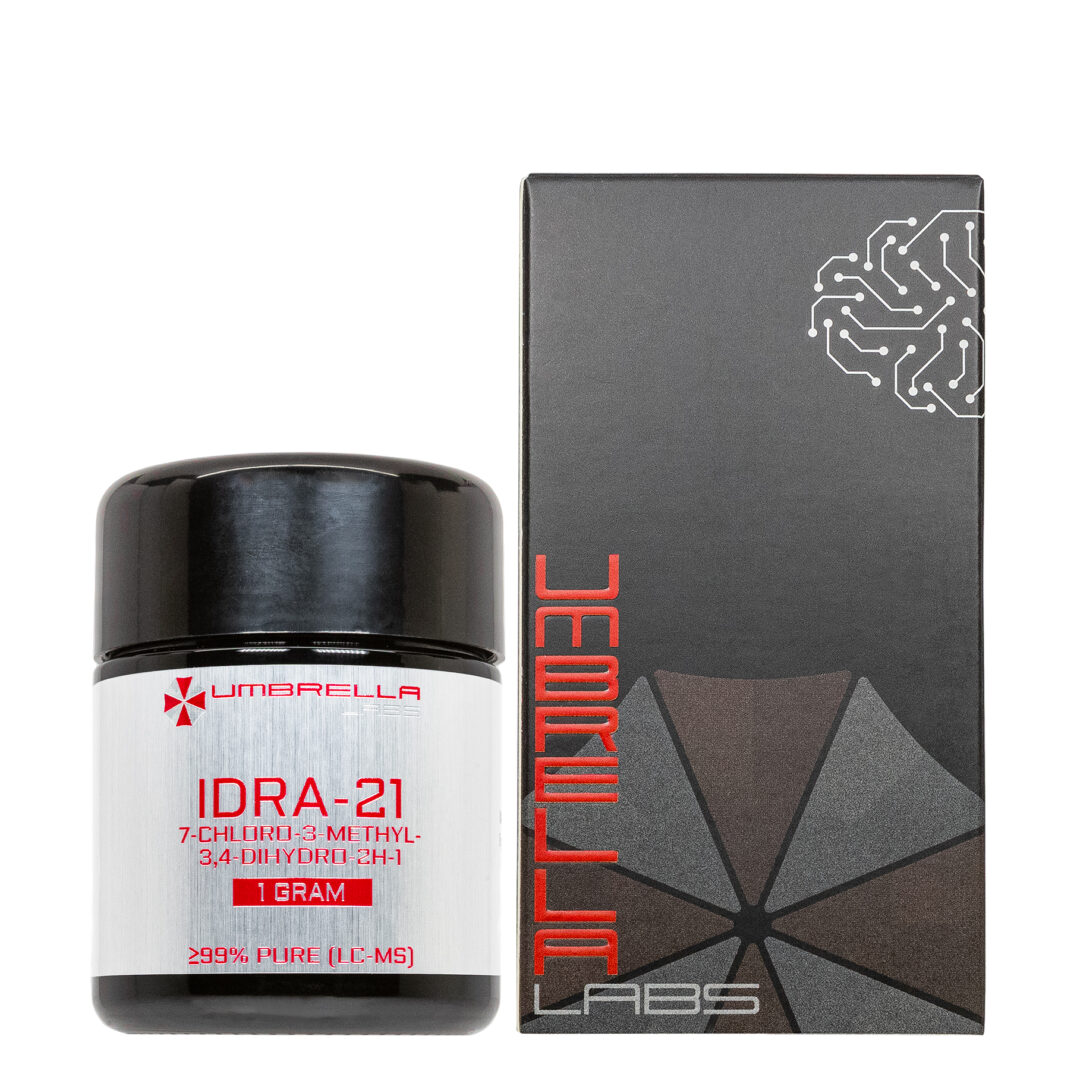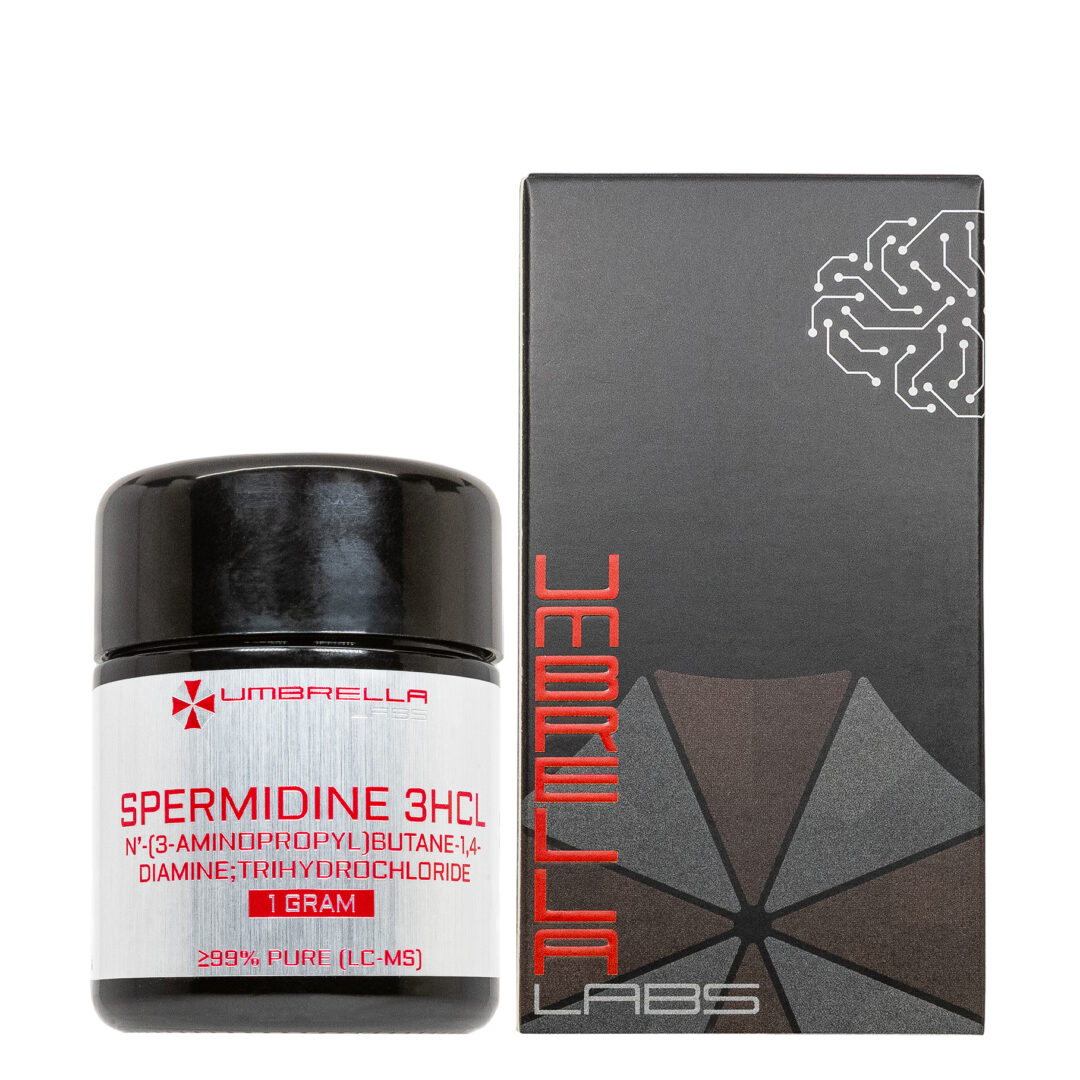SULBUTIAMINE POWDER
$25.99 – $35.99
Sulbutiamine is sold for laboratory research use only. Terms of sale apply. Not for human consumption, nor medical, veterinary, or household uses. Please familiarize yourself with our Terms & Conditions prior to ordering.
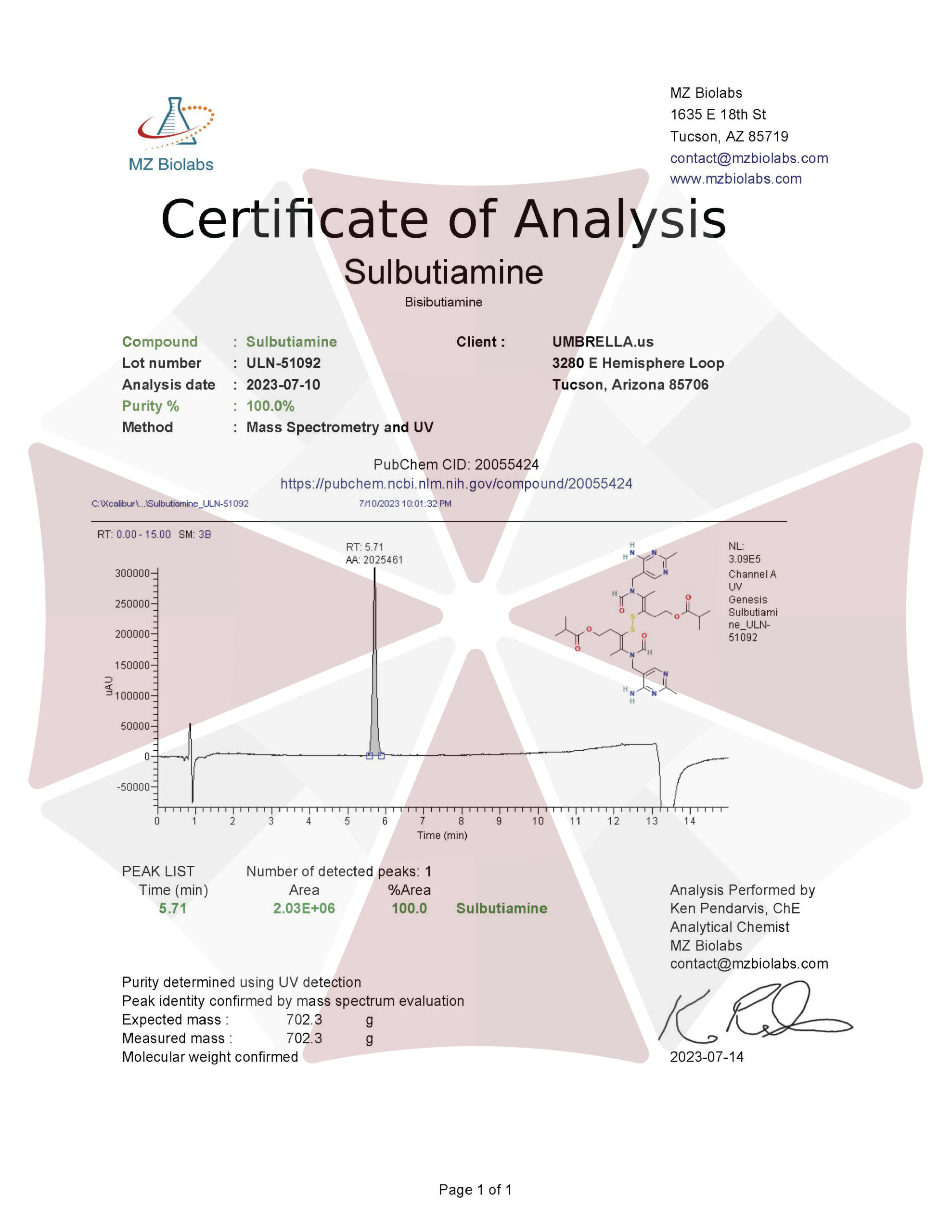
Also Available In:
![]() Liquid Option >>
Liquid Option >>
- Description
- Additional information
Description
Sulbutiamine Nootropic Powder
![]()
![]()
![]()
![]()
![]()
![]()
![]()
![]()

| CAS Number | 3286-46-2 |
| Other Names | Bisibutiamin, Arcalion, Bisibutiamine, Sulbutiamina, Sulbutiaminum, Bisibuthiamine, Vitaberin, O-Isobutyroylthiamine disulfide |
| IUPAC Name | [(E)-4-[(4-amino-2-methylpyrimidin-5-yl)methyl-formylamino]-3-[[(E)-2-[(4-amino-2-methylpyrimidin-5-yl)methyl-formylamino]-5-(2-methylpropanoyloxy)pent-2-en-3-yl]disulfanyl]pent-3-enyl] 2-methylpropanoate |
| Molecular Formula | C₃₂H₄₆N₈O₆S₂ |
| Molecular Weight | 702.9 |
| Purity | ≥99% Pure (LC-MS) |
| Liquid Availability | |
| Powder Availability | |
| Gel Availability | N/A |
| Storage | Store in cool dry environment, away from direct sunlight. |
| Terms | All products are for laboratory developmental research USE ONLY. Products are not for human consumption. |
What is Sulbutiamine?
Sulbutiamine is a synthetically developed compound composed of two vitamin B1 (thiamine) molecules, bound together by sulfur. Sulbutiamine is known for its fat solubility. The lipophilicity of the compound allows it to easily transport into the brain from systemic circulation at a greater rate and potency than a single thiamine molecule typically would. This observed phenomenon was further supported by the work of Bettendorff et. Al. The researchers examined how plasma thiamine levels would increase in rats when the subjects were administered either thiamine or sulbutiamine. The subjects were administered 52 mg/kg of sulbutiamine and 50 mg/kg of thiamine, daily, for two weeks. Results of the study reported that the rats receiving sulbutiamine exhibited 2.41 times higher levels of total circulating thiamine, thiamine diphosphate, and thiamine monophosphate than the rats being administered thiamine. The primary benefits of sulutiamine include enhanced cognition and improved neuroprotection, decreased fatigue, and the abiliy to effect circadian rhythm.
Effects of Sulbutiamine on Neuroprotection and Memory
Like most nootropic compounds, sulbutiamine has shown the potential to improve neuroprotection and various cognitive functions. A notable study conducted by Kwag et. Al examined the neuroprotective effect sulbutiamine had on hippocampal cells exposed to oxygen/glucose deprivatiohn (OGD). In order to create ischemic conditions in rats, OGD was initially induced alone, followed by combined exposure to both OGD and sulbutiamine. The combination of OGD and sulbutiamine led to a drastic increase in neuron viability, as well as the improvement of various electrophysiological properties. These results allowed the researchers to conclude that sulbutiamine exhibits neuroprotective effects that could combat ischemia-related cell deathm(https://pubmed.ncbi.nlm.nih.gov/22040892/).
Sulbutiamine has also shown potential in its ability to improve memory and retention. One of the first published studies regarding these effects was conducted in 1985 by Micheau et. Al. The researchers orally administered 300 mg/kg of sulbutamine to 14-16 week old mice for 10 days. Any memory improvement was measured by the subjects’ performance on an opertant task. The results reported that there was no significant difference in memory between acquisition groups. However, the mice showed a drastic improvement in retention which led to overall enhanced performance (https://pubmed.ncbi.nlm.nih.gov/4059305/).
A more recent study regarding the effects of sulbutiamine on memory included injecting mice with a sulbutiamine dosage of either 12.5 mg or 25 mg, daily, over the course of 9 weeks. Researchers BIzot et. Al collected baseline data by having the mice complete a DNMTS task prior to treatment. After the initial task was completed the mice began their 9-week treatment period. Following injection of sulbutiamine and a second DNMTS task, results reported that the treatment did not significantly improve memory but did enhance performance during object-recognition tests. Additionally, the researchers administered an NMDA antagonist known to cause amnesia. The placebo group experienced impaired memory while both the 12.5 mg and the 25 mg sulbutiamine groups had little to no memory impairments. The results of this study allowed the researchers to conclude that sulbutiamine is beneficial for both working and episodic memory (https://pubmed.ncbi.nlm.nih.gov/15951087/).
Effects of Sulbutiamine on Fatigue
Another primary benefit of sulbuitamine supplementation is the compounds ability to resolve chronic fatigue. An animal-based study conducted by Tiev et. Al examined how administration of sulbutiamine treats cases of chronic postinfectious fatigue (CPIF). The subjects were split into three groups: one receiving a placebo, one receiving 400 mg of sulbutiamine, and the last receiving 600 mg of sulbutiamine. The compound wad administered daily over a 28 day trial period. Results of the study found that both experimental groups showed significant improvement over the placebo group, however, there was no discernable difference in symptom reduction between the two experimental groups. The researchers concluded that in cases of CPIF, treatment with sulbutiamine can combat high instances of fatigue.
Effects of Sulbutiamine on Sleep
Further benefits of sulbutiamine administration was observed in primates by researchers Balzamo et. Al. When giving the subjects sulbutiamine in doses of 300 mg/kg, daily, for 10 days, the circadian rhythm of the primates showed signs of influence from the large dose of the compound. The researchers reported that administration of sulbutiamine led to increased wakefulness and phase 1 sleep without changing patterns of REM sleep. High levels of phase 1 sleep are important due to its ability to support memory, learning, and retention. Researchers were able to conclude that sulbutiamine shows the potential to regulate these phases of the sleep cycle, however more research should be conducted in order to determine the full effects of sulbutamine on circadian rhythm (https://pubmed.ncbi.nlm.nih.gov/7170385/).
The nootropics sold by Umbrella Labs are sold for laboratory research only. The description above is not medical advice and is for informative purposes only.
Sulbutiamine is sold for laboratory research use only. Terms of sale apply. Not for human consumption, nor medical, veterinary, or household uses. Please familiarize yourself with our Terms & Conditions prior to ordering.
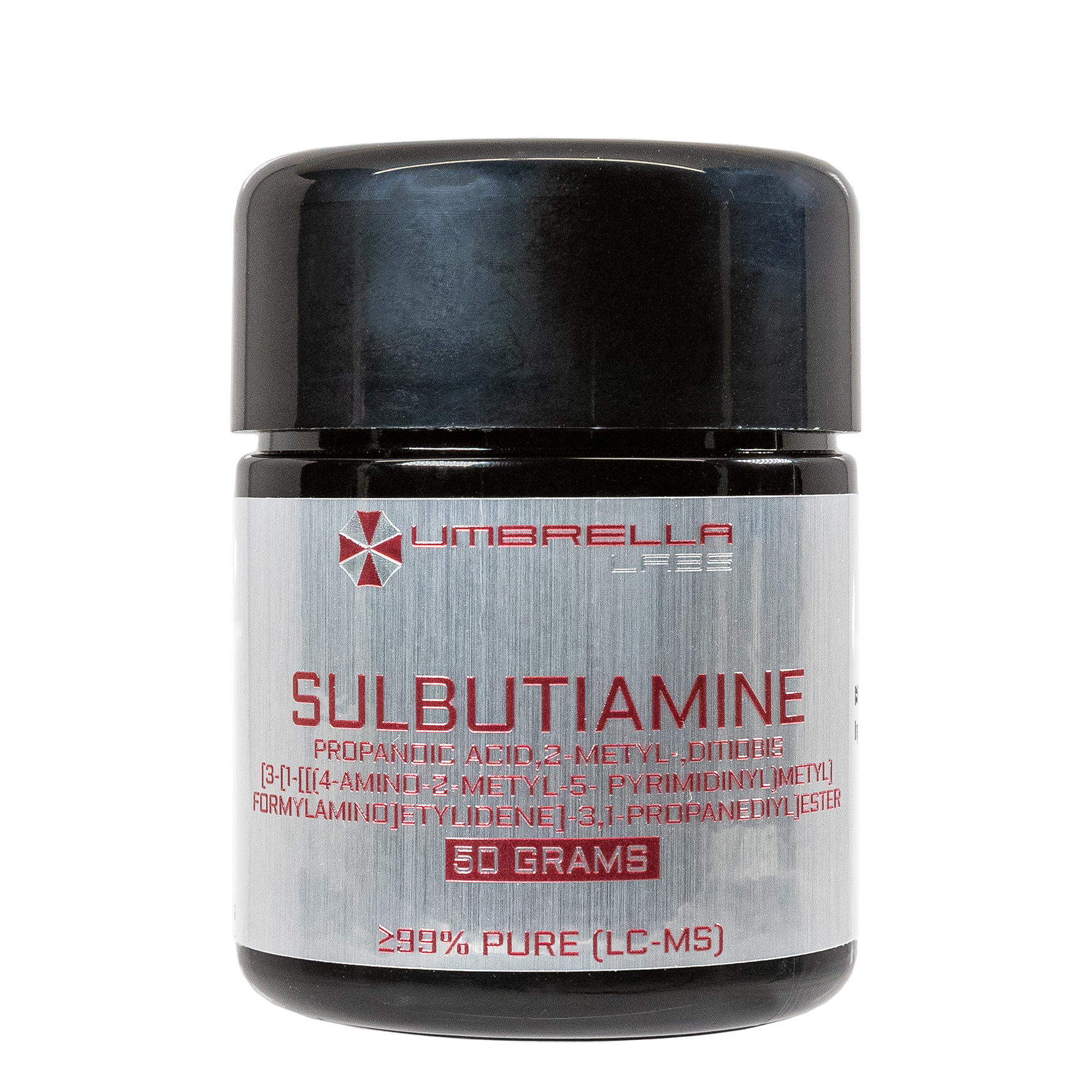
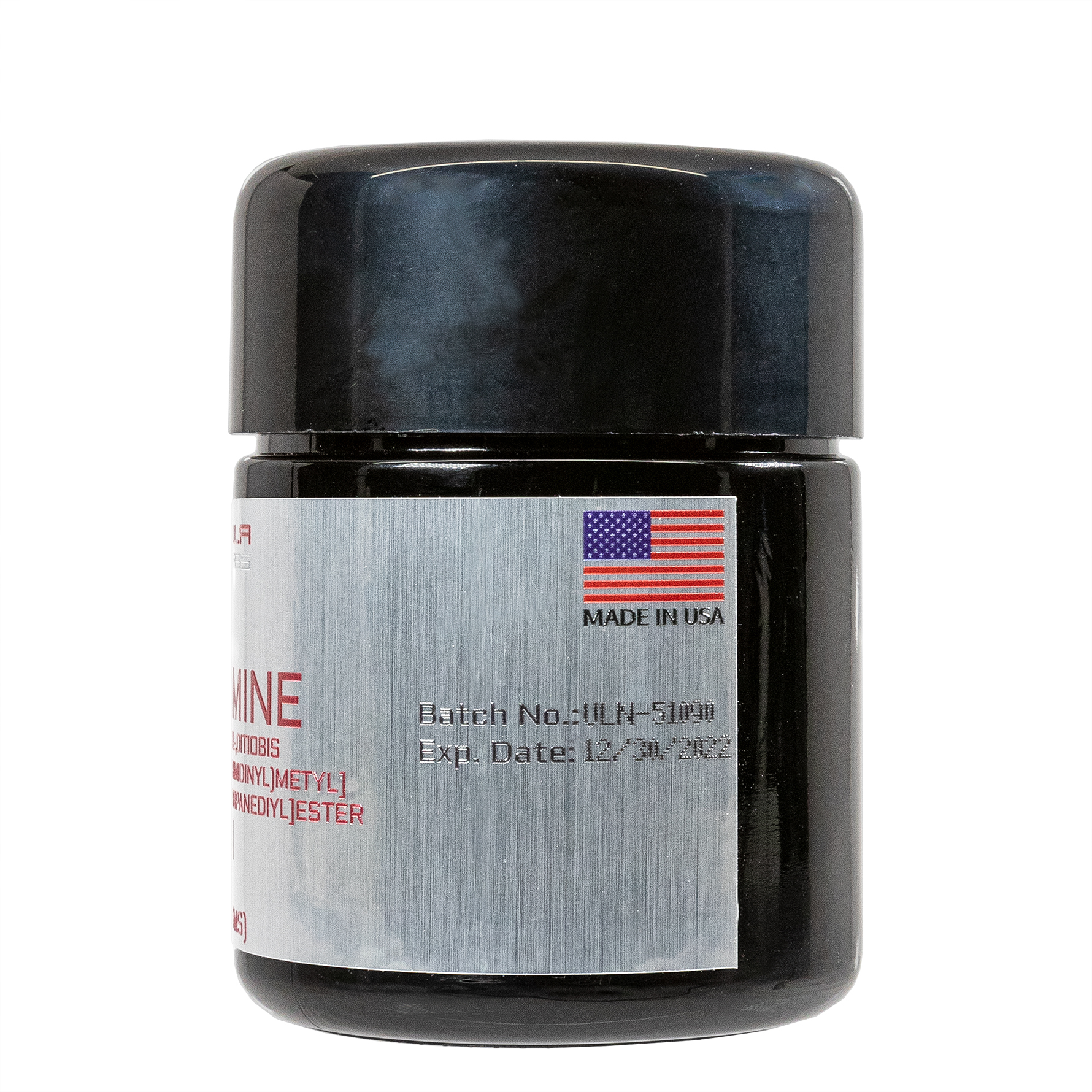
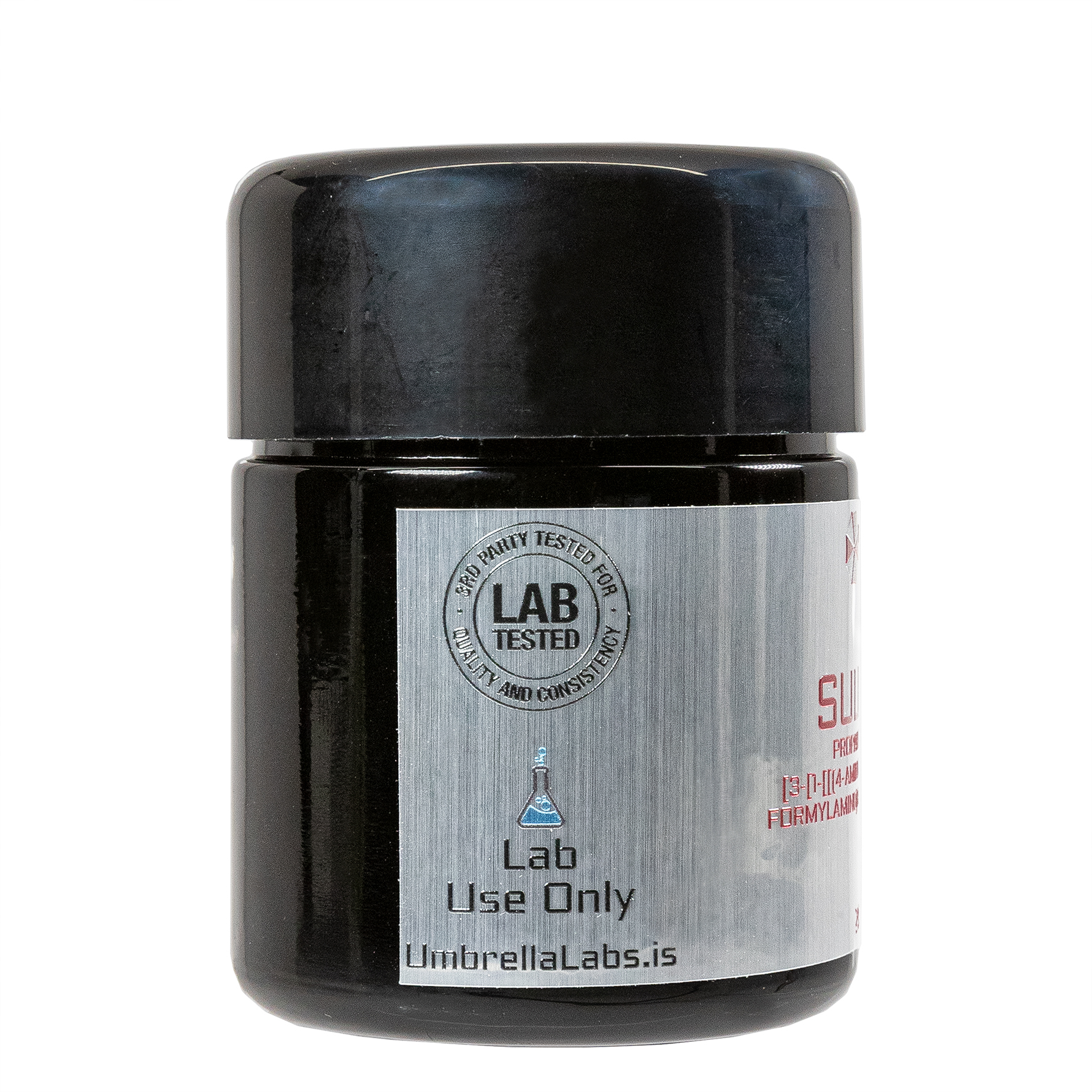
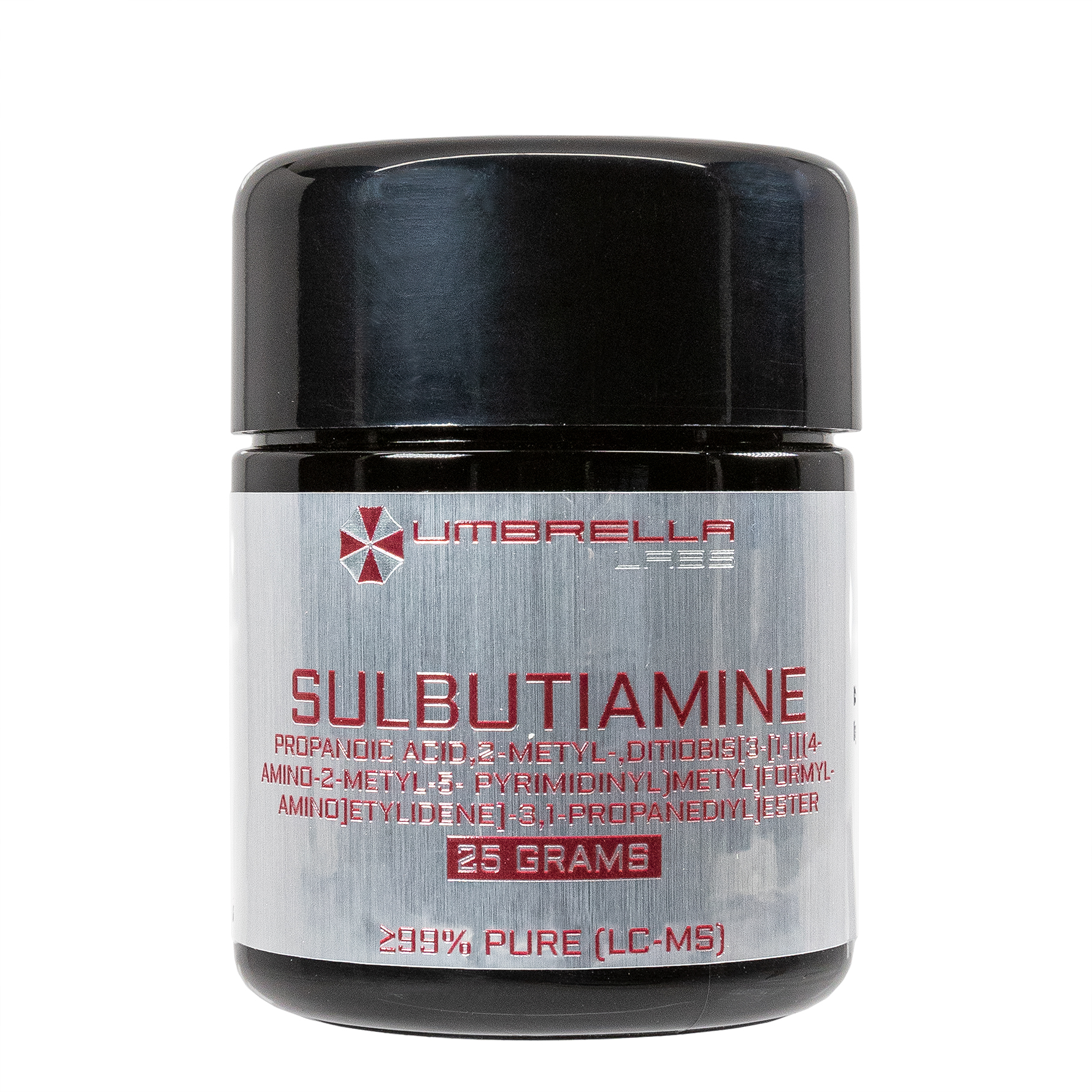



| File Name | View/Download |
| 07-10-2023-Umbrella-Labs-Sulbutiamine-Certificate-Of-Analysis-COA.pdf |
VIEW CERTIFICATES OF ANALYSIS (COA)
Additional information
| Options |
|---|

